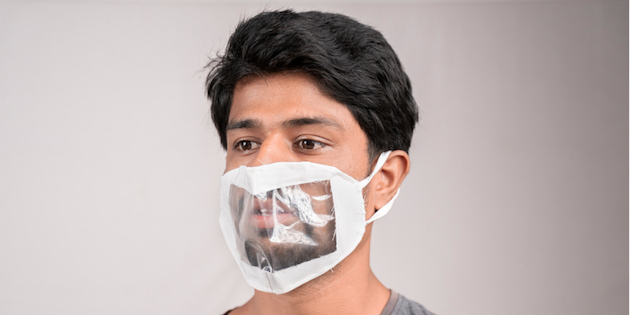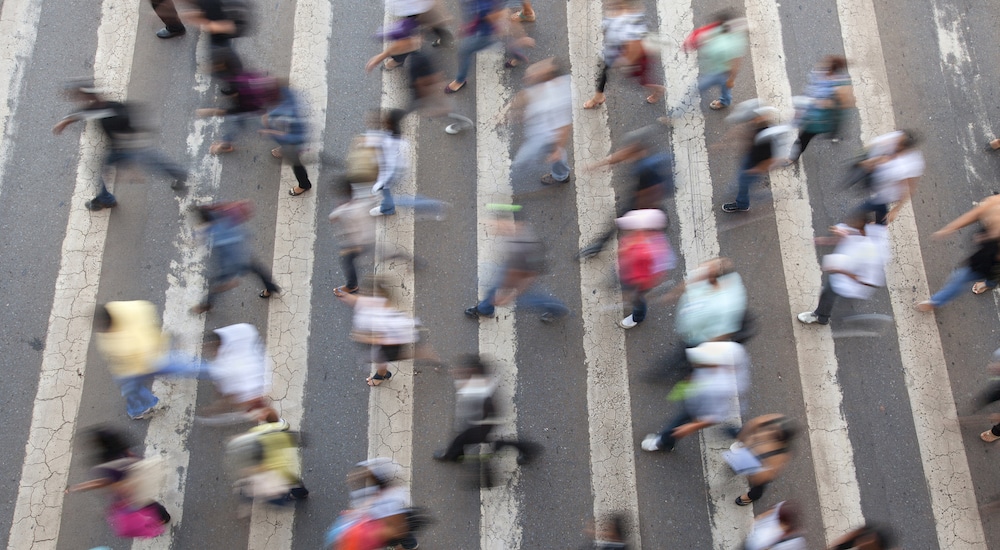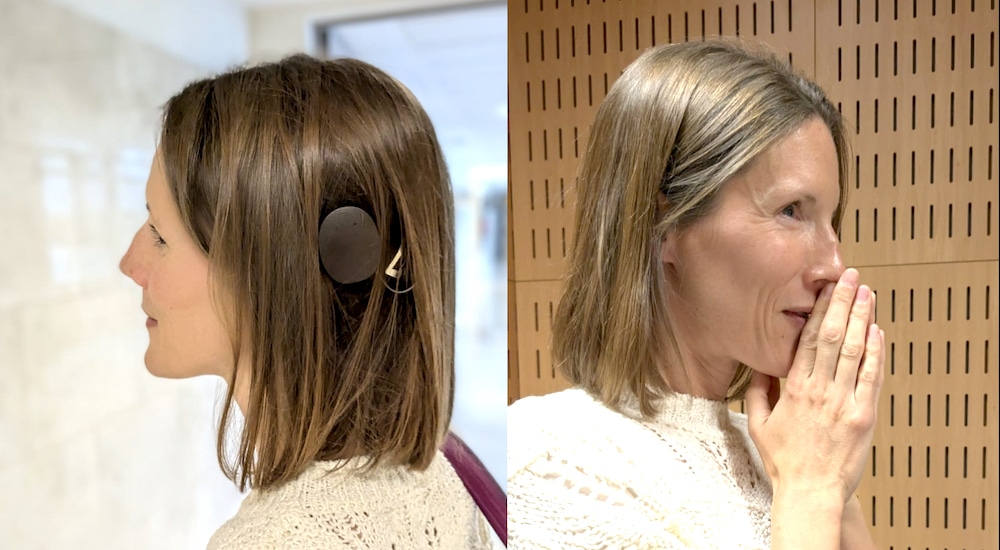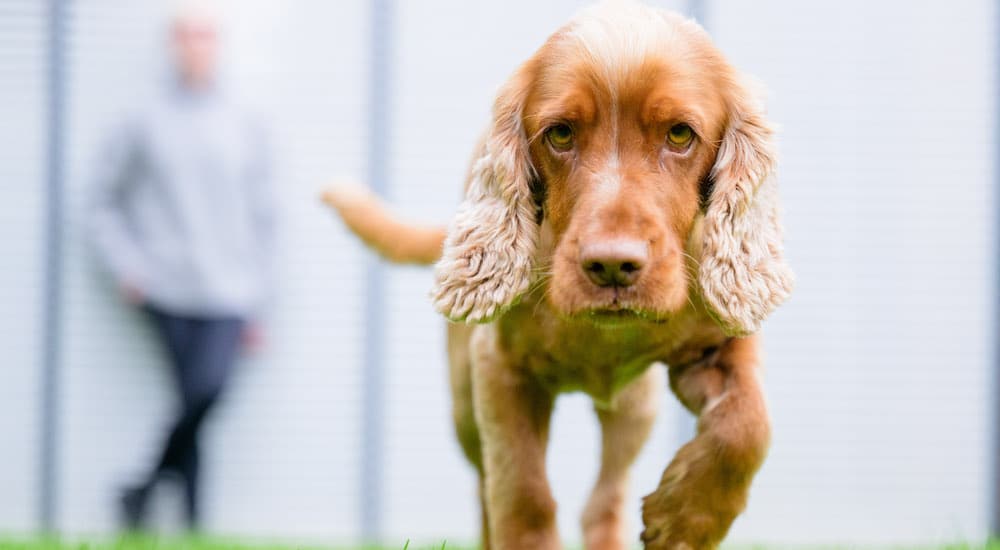Is wearing face coverings making hearing problems more obvious and urgent?
covid
Reports from different world locations suggest that the need for treatment and solutions for auditory loss is becoming more evident now that hearing-challenged persons are wearing face coverings to protect against infection.

Many people with hearing loss refrain from presenting with hearing issues until many years after they develop, learning coping mechanisms like lip reading to get by or hide their secret. But face masks eliminate visual cues, affect the pitch range of speech, and muffle the volume of sound, greatly increasing difficulties for interlocutors, especially those with hearing difficulties. And even transparent masks still pose some degree of difficulty for the lip reader.
A leading audiologist in Cork, Ireland told his city newspaper, The Echo, that people hiding their hearing loss have been forced to seek his help. Shane McMahon, chief audiologist at the city’s South Infirmary Victoria University Hospital (SIVUH) reported a steady increase of appointments while all other SIVUH specialty departments were noticing a decline.
"People in these situations tend to isolate themselves anyway because they find it so hard to hear in group conversations. Those with compromised hearing used lip and speech reading quite a lot but the masks took all that away from them,” McMahon told The Echo.
”Before that, hearing loss was at the bottom of the pecking order for them. The pandemic meant they were no longer able to delay doing something about it,” continued this Cork specialist, urging anyone experiencing hearing loss to see their GP and organise a referral to prevent damage to cognitive functioning.
USA
Similar stories have emerged this winter from Greenville, Carolina, the local TV news show WYFF reporting how hearing specialists across the USA say they have seen an uptick in visits from people like local Greenville nurse, Teri Wheat, whose hearing loss became urgent and more obvious because she has had to wear a mask and a face shield at work.
Andrea Gohmert, director of the hearing clinic at the University of Texas at Dallas' Callier Center for Communication Disorders was quoted: "More than likely, these are people that had some kind of hearing loss prior to all this starting but they were adapting,"
Meanwhile, Catherine Palmer, audiology director for the western Pennsylvania health care system UPMC, stated: "We would have seen these people eventually but it could have been quite a few years from now."
Across on the east coast of the USA, the Massachusetts channel WPRI reports Rhode Island Hospital audiologist Dr. Dola Conceicao as noticing a “different population” of patient referrals than in years past. “Social distancing prevents us from getting close to the person who is speaking, and the masks may also muffle what is being said,” said Dr. Conceicao.
Hearing aids not up to it
Dr. Conceicao reported cases of hearing aid wearers who found their devices were not doing their job in these new Covid conditions. “We have seen a steady flow of referrals for adults who are concerned about their hearing. But even more so for adults who already have a known hearing loss who are wearing hearing instruments, and feeling like their hearing instruments suddenly aren’t enough,” said the specialist.
“There’s an old saying, ‘I can’t hear a thing without my glasses,’ and there’s actually a lot of truth to that,” Dr. Conceicao said. “COVID has definitely put some barriers up for individuals who really need the lip-reading cues in order to understand what’s being said and really kind of driven them in a direction to seek care much earlier.”
Source: EchoLive;WYFF; WPRI


